★★
“Not as sharp as I hoped.”
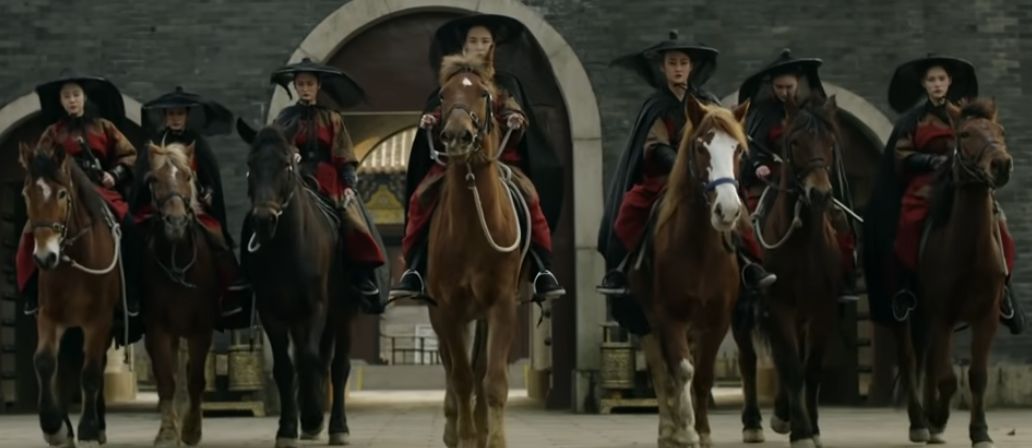 This takes place in early 15th century China, when Zhu Di (Zhang) had taken over the throne from his nephew, Wen Du (also played by Zhang), forcing the latter to go into hiding. Zhu is protected by his all-female Imperial Guard, under the leadership of Qing Lian (Xu). Actually, all seven of them have the surname Qing, which confused the heck out of me at first. But it actually makes sense, as they were taken in as babies, and brought up for the express purpose of protecting Zhu Di. Anyway, he gets word that Wen is to be found in a house of ill-repute, and send the Qings after him. Lian is injured in the raid, but her life is saved by Li Gexiao. When she returns to Zhu, however, he’s having none of it and orders her to kill Li, knowing he is actually the dethroned Emperor Wen. Lian opts not to carry out the emperor’s orders, and so the remaining Imperial Guard sisters are sent out by Zhu, to make her pay for her disloyalty.
This takes place in early 15th century China, when Zhu Di (Zhang) had taken over the throne from his nephew, Wen Du (also played by Zhang), forcing the latter to go into hiding. Zhu is protected by his all-female Imperial Guard, under the leadership of Qing Lian (Xu). Actually, all seven of them have the surname Qing, which confused the heck out of me at first. But it actually makes sense, as they were taken in as babies, and brought up for the express purpose of protecting Zhu Di. Anyway, he gets word that Wen is to be found in a house of ill-repute, and send the Qings after him. Lian is injured in the raid, but her life is saved by Li Gexiao. When she returns to Zhu, however, he’s having none of it and orders her to kill Li, knowing he is actually the dethroned Emperor Wen. Lian opts not to carry out the emperor’s orders, and so the remaining Imperial Guard sisters are sent out by Zhu, to make her pay for her disloyalty.
As the still at the top shows, they certainly look the part, and are impressive when doing the slo-mo thing, marching around, clad all in black and with their capes flying behind them in the breeze. I also can’t complain about the overall production values to be found here. This looks like a reasonable amount of money was spent on it: period pieces are never cheap, and the costumes, buildings, etc. here look decent. However, this never manages to rise above the level of something you’d have on in the background as eye candy. Firstly, the action is not very good, with a style closer to the Western approach, of fast cuts that appear designed to conceal either a) the participants’ lack of skill, or b) that nothing particularly much is going on. Even in quantity it’s deficient, with large chunks where it’s too chatty. That’s if you can get past the opening narration, which left me feeling as if I should be taking notes for a history mid-term.
It doesn’t help that the other six Qing’s are pretty much interchangeable, with no real personalities to speak off, and only about three expressions between the lot of them. Despite the lengthy flashback to their training as kids, I never got much of a sense of sisterhood, which makes the final act kinda suspect. Not helping matters, and consigning it firmly to the “below average” category, is an ending which comes in the shape of another info-dump, then heading abruptly into the end credits, before even 65 minutes have passed. It thus feels less like a complete movie, than a pilot for a show on the Chinese equivalent of the CW. By which I mean, all style and precious little substance, beyond a romance that never manages to be more than lightly convincing. And like CW shows, it probably looks better in the trailer than the reality.
Dir: Wang Bin
Star: Xu Zilu, Zhang Dake. Hou Meng, Zhu Meixuan





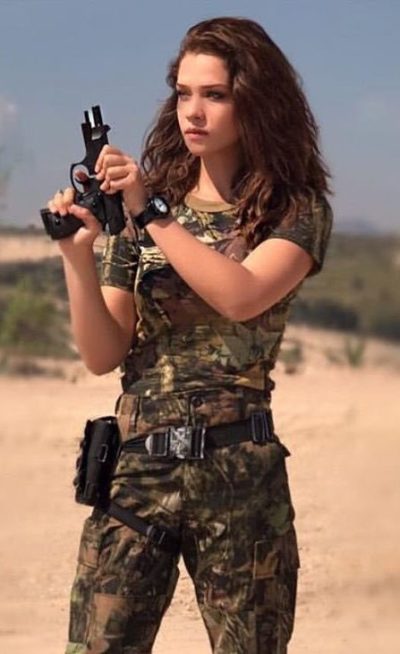 Halfway through the final installment, Chris came in. She paused, watching for a moment, then said, “They spend far too much time talking, and not enough time killing.” Just a shame she waited 93 episodes to express so succinctly one of the main problems with the series. For, even if the final arc had its share of bloodshed, if you average it out per show, it’s about the level of a mid-strength nosebleed. It certainly put the novela into narconovela. Though the problems began at the start – or, rather, the end of the second series where heroine Sara Aguilar was apparently gunned down. This being a show where escape from death was common, I spent the first 20 episodes waiting for her to return. Spoiler: she doesn’t.
Halfway through the final installment, Chris came in. She paused, watching for a moment, then said, “They spend far too much time talking, and not enough time killing.” Just a shame she waited 93 episodes to express so succinctly one of the main problems with the series. For, even if the final arc had its share of bloodshed, if you average it out per show, it’s about the level of a mid-strength nosebleed. It certainly put the novela into narconovela. Though the problems began at the start – or, rather, the end of the second series where heroine Sara Aguilar was apparently gunned down. This being a show where escape from death was common, I spent the first 20 episodes waiting for her to return. Spoiler: she doesn’t.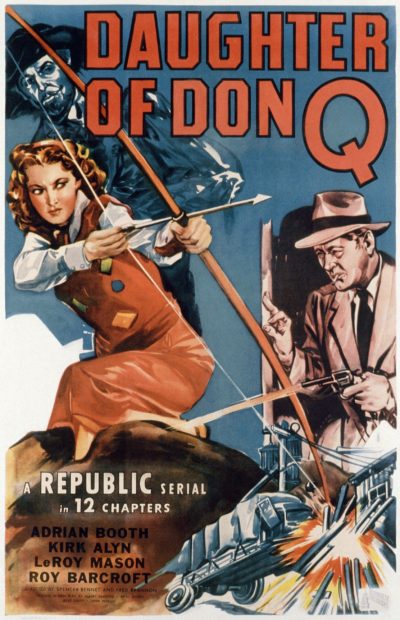 Lorna Gray, the lead here, had been the villainess in
Lorna Gray, the lead here, had been the villainess in 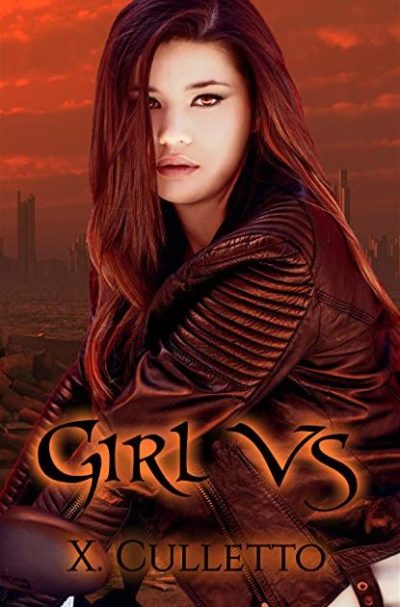 While a quick read, at 205 pages, after slogging through a couple of what can only be described as “chonkers”, I really didn’t mind. It’s briskly-paced, hits the ground running and largely doesn’t stop thereafter. I have some concerns about where things might go in subsequent volumes, so will probably stop here, just to be safe. However, I enjoyed what I read well enough.
While a quick read, at 205 pages, after slogging through a couple of what can only be described as “chonkers”, I really didn’t mind. It’s briskly-paced, hits the ground running and largely doesn’t stop thereafter. I have some concerns about where things might go in subsequent volumes, so will probably stop here, just to be safe. However, I enjoyed what I read well enough.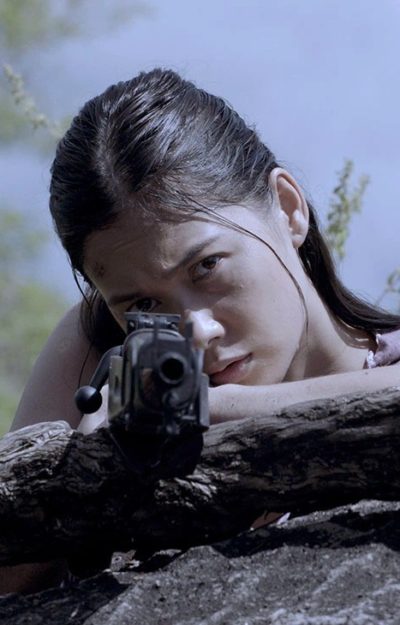
 The heroine here, Mariano (Salvador), has to count as the baddest bitch I’ve seen in quite a long time. In terms of being a sheer, unstoppable force, she’s right up there with Jen from
The heroine here, Mariano (Salvador), has to count as the baddest bitch I’ve seen in quite a long time. In terms of being a sheer, unstoppable force, she’s right up there with Jen from  As mentioned, we’re in South America, where two competing oil companies are seeking to establish their territory. The Inter Ocean Oil Company are the current occupants, and have been working in association with the indigenous population, under their white queen (Stirling), known as the Tiger Woman. But if they don’t strike oil soon, their franchise will expire. A predatory, far less friendly (but unnamed) company, is standing by, to make sure that doesn’t happen, allowing them to take over. But Inter Ocean has sent top troubleshooter, Allen Saunders (Rock Lane), to work with the Tiger Queen and block their enemy’s attempts. Those get more desperate as the deadline approaches and Inter Ocean appear to be succeeding. Complicating matters is the Tiger Queen’s original identity as missing heiress, Rita Arnold, something her enemies want to use to their advantage.
As mentioned, we’re in South America, where two competing oil companies are seeking to establish their territory. The Inter Ocean Oil Company are the current occupants, and have been working in association with the indigenous population, under their white queen (Stirling), known as the Tiger Woman. But if they don’t strike oil soon, their franchise will expire. A predatory, far less friendly (but unnamed) company, is standing by, to make sure that doesn’t happen, allowing them to take over. But Inter Ocean has sent top troubleshooter, Allen Saunders (Rock Lane), to work with the Tiger Queen and block their enemy’s attempts. Those get more desperate as the deadline approaches and Inter Ocean appear to be succeeding. Complicating matters is the Tiger Queen’s original identity as missing heiress, Rita Arnold, something her enemies want to use to their advantage.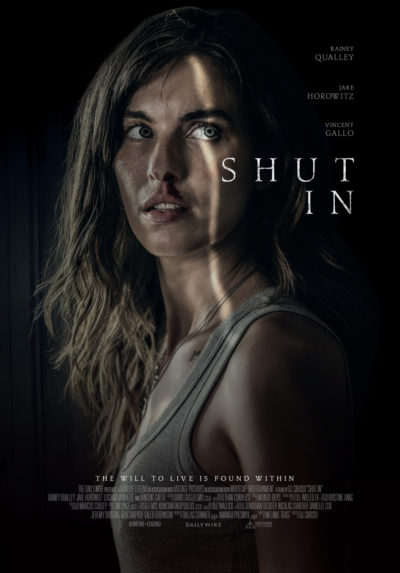 After
After  Over in my non-GWG life, I’ve been on
Over in my non-GWG life, I’ve been on 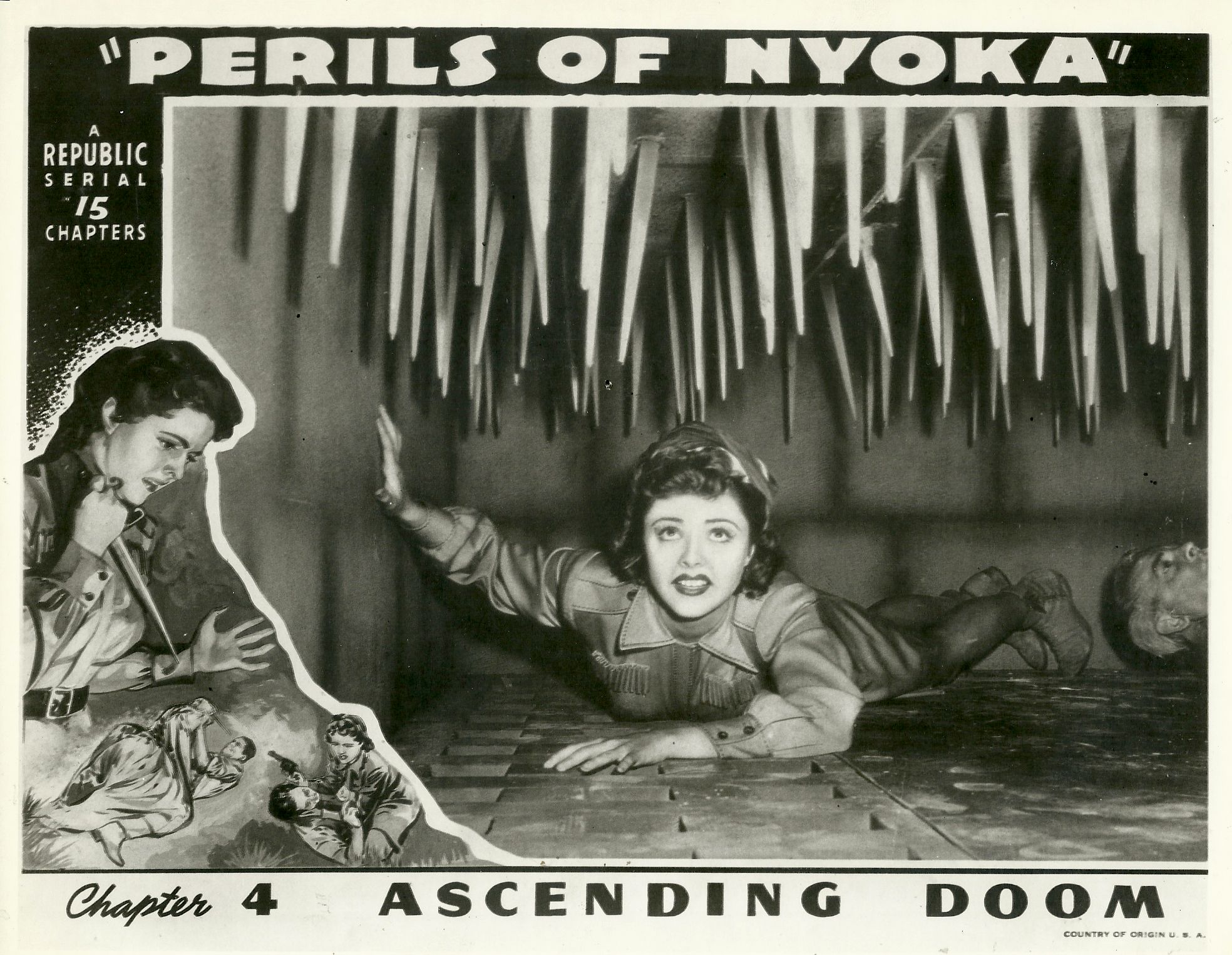 ★★★½
★★★½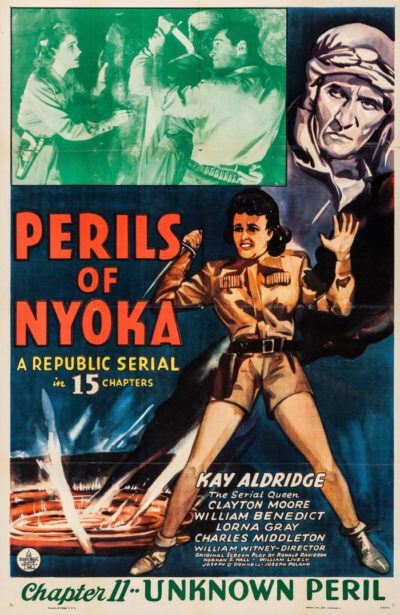 This was the first serial I had watched since
This was the first serial I had watched since 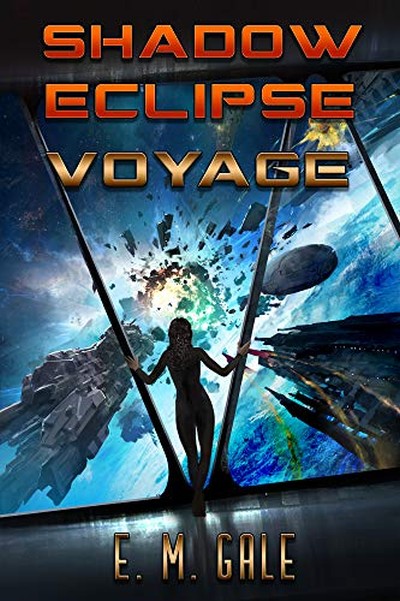 After a brisk and entertaining start, this gets increasingly bogged-down in its own universe as it goes on. And, boy, does it go
After a brisk and entertaining start, this gets increasingly bogged-down in its own universe as it goes on. And, boy, does it go